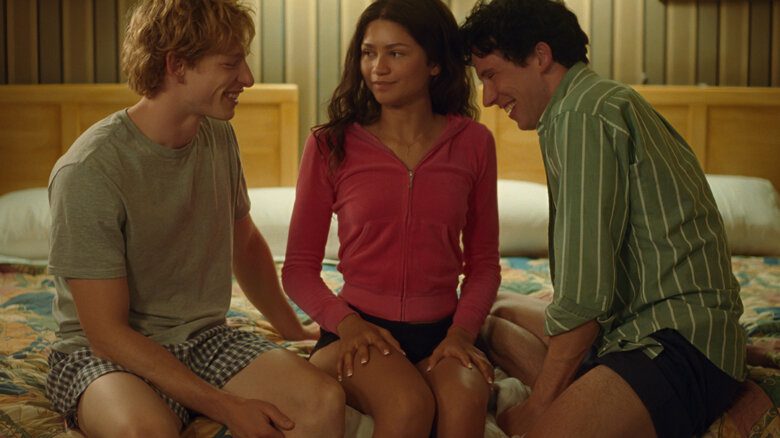The business pages and prognosticating city elders agree: The Lord Of The Rings is the most important theatrical event in Toronto’s history. Apparently, the entire weight of the city’s hospitality industry rests on its shoulders. If it fails, restaurants will be bankrupted, hotels closed and chambermaids unemployed. Luckily for Toronto tourism, the Mirvish production now playing at the Princess Of Wales Theatre is indeed capable of attracting giant audiences. JRR Tolkien fans should flock to it along with many others, any number of whom will probably experience this amazing production more than once.
The extraordinary stage mechanics, the sound and lighting designs, the imaginative sets and costumes (such a bland description as “sets and costumes” does not come close to a proper description of their effect), the muscular choreography and the gymnastic performances of a giant cast that is now (after a very long preview period) rehearsed to within an inch of its collective life… these are reasons enough to see the show.
One thing should be made perfectly clear, however. This show bears little more than a passing resemblance to traditional musical theatre. In some ways the most surprising thing about The Lord Of The Rings is the relatively small part played by normal vocal music. It should really be described as an epic stage play accompanied by and illustrated with music.
This is partly a result of the mosaic nature of the score that’s composed by a number of artists. British composer and arranger Christopher Nightingale has collated and orchestrated his own work along with that of the Indian composer R Rahman and the Finnish musical collective Vartinna to achieve a synthesized whole.
The book and lyrics are by British writers Shaun McKenna and Mathew Warchus. So it’s surprising that the opening set in English-rural Hobbiton is the show’s weakest section. It’s as if the two writers have consciously pandered to what they imagined are the demands of a colonial audience by coming up with stuff that oozes Disneyesque archness.
I’ve lived for many decades in blissful ignorance of the pleasures of Professor Tolkien’s work, so I can’t tell his loyal readers which of his many wonderful insights this stage version has failed to include. The program includes a dense, three page synopsis for those desperate to understand every minor plot strand. But my advice is to just relax. Anyone who has ever been to a multiplex or played a video game can make sense out of this particular epic quest for universal peace, love and sword fights.
A few principals stand out from the gigantic cast. James Loye is a steady presence as Frodo Baggins while Brent Carver actually manages to create a complex character out of the wizard Gandalf. Carly Street and Rebecca Jackson-Mendoza stand out partly as a relief from the show’s relentless maleness, but Michael Therriault in a terrific turn as Gollum is the closest thing to a scene-stealer that this show will allow.

 Why you can trust Xtra
Why you can trust Xtra


